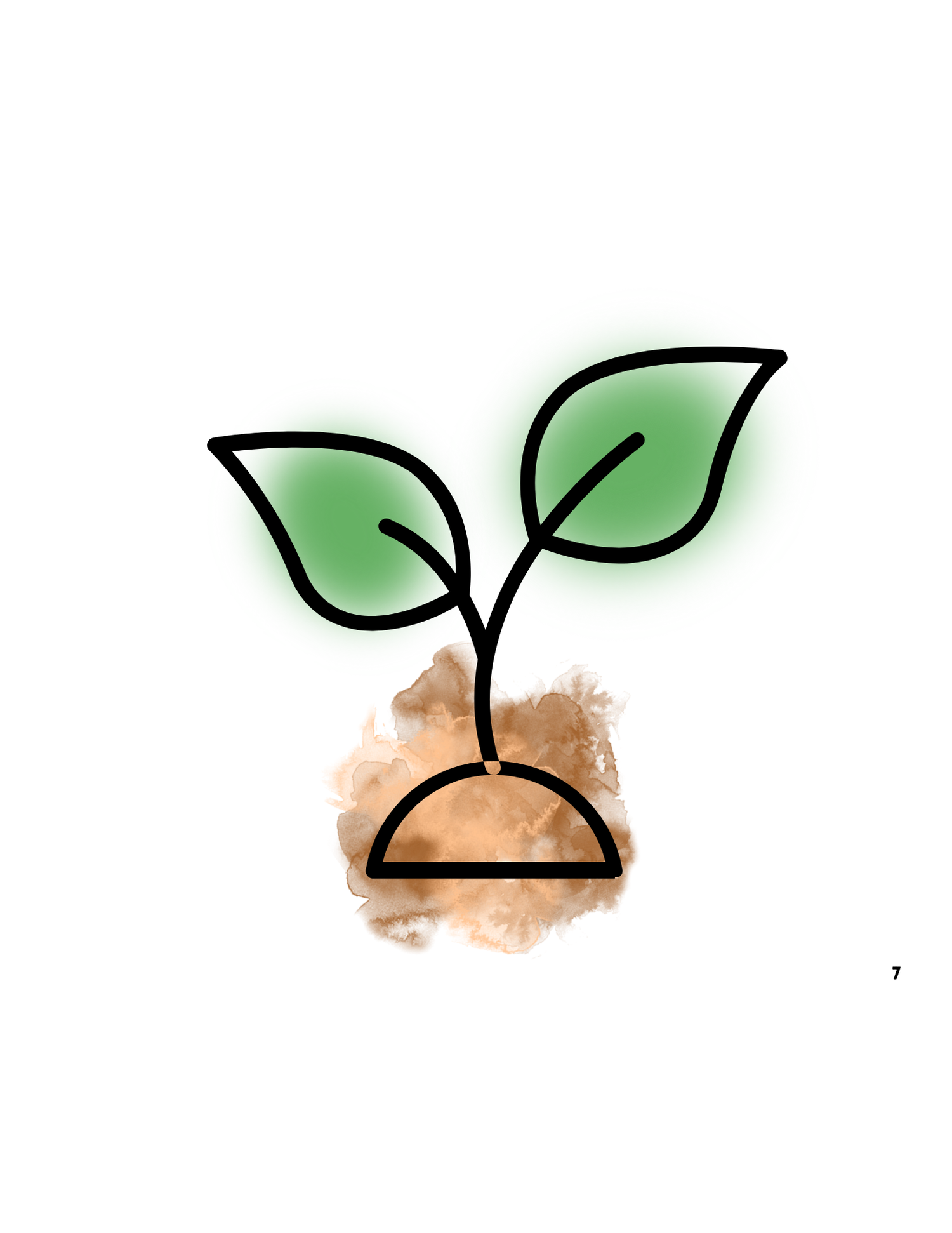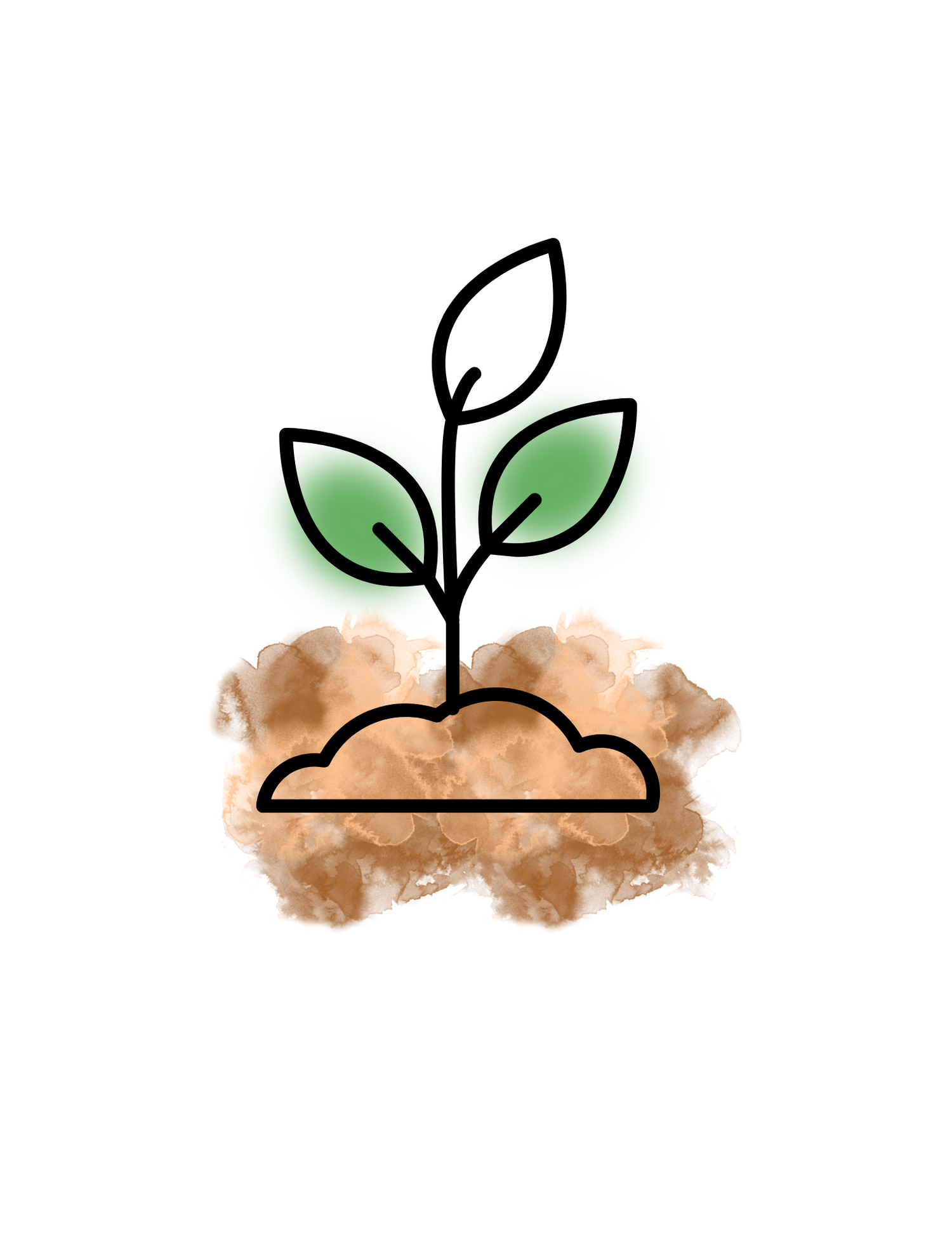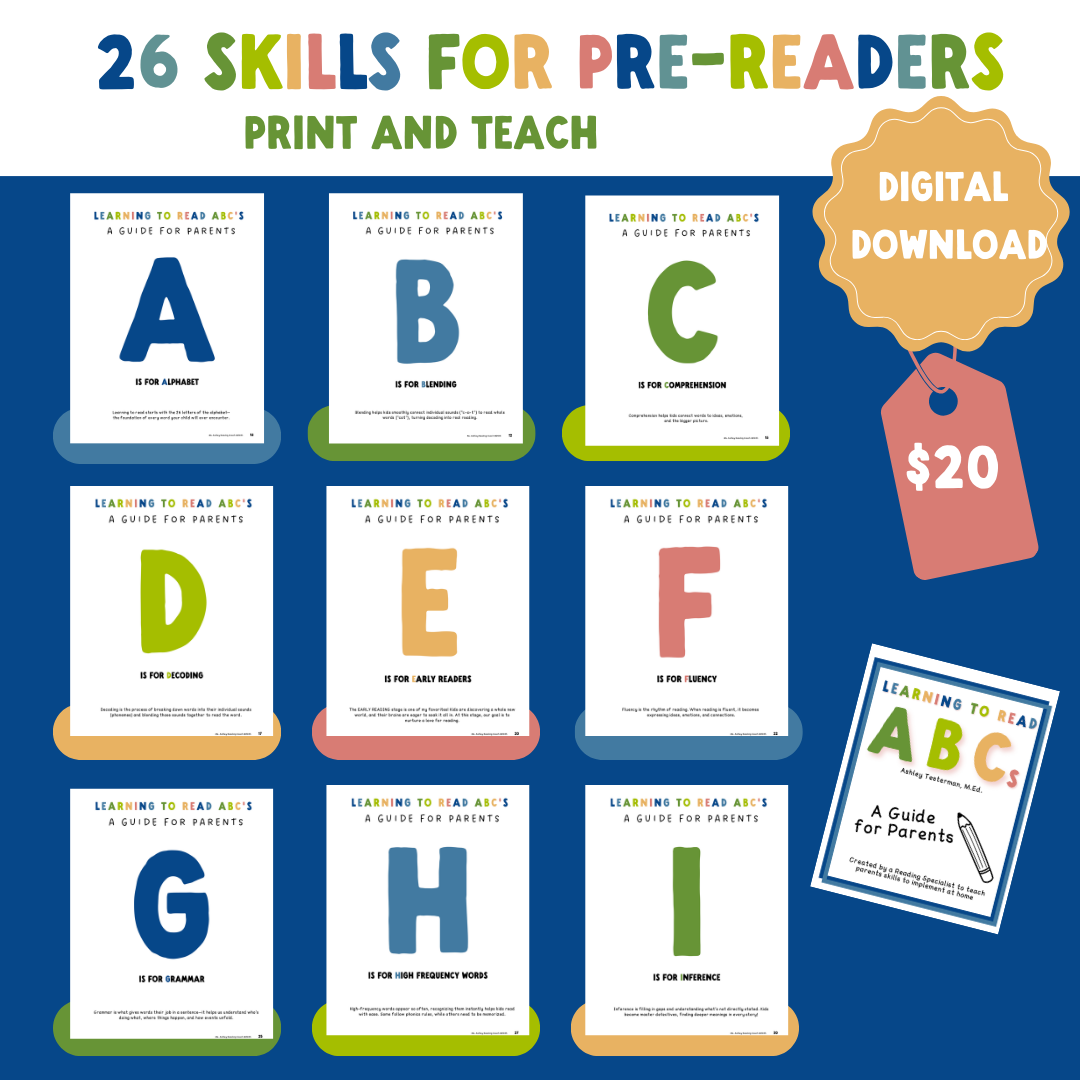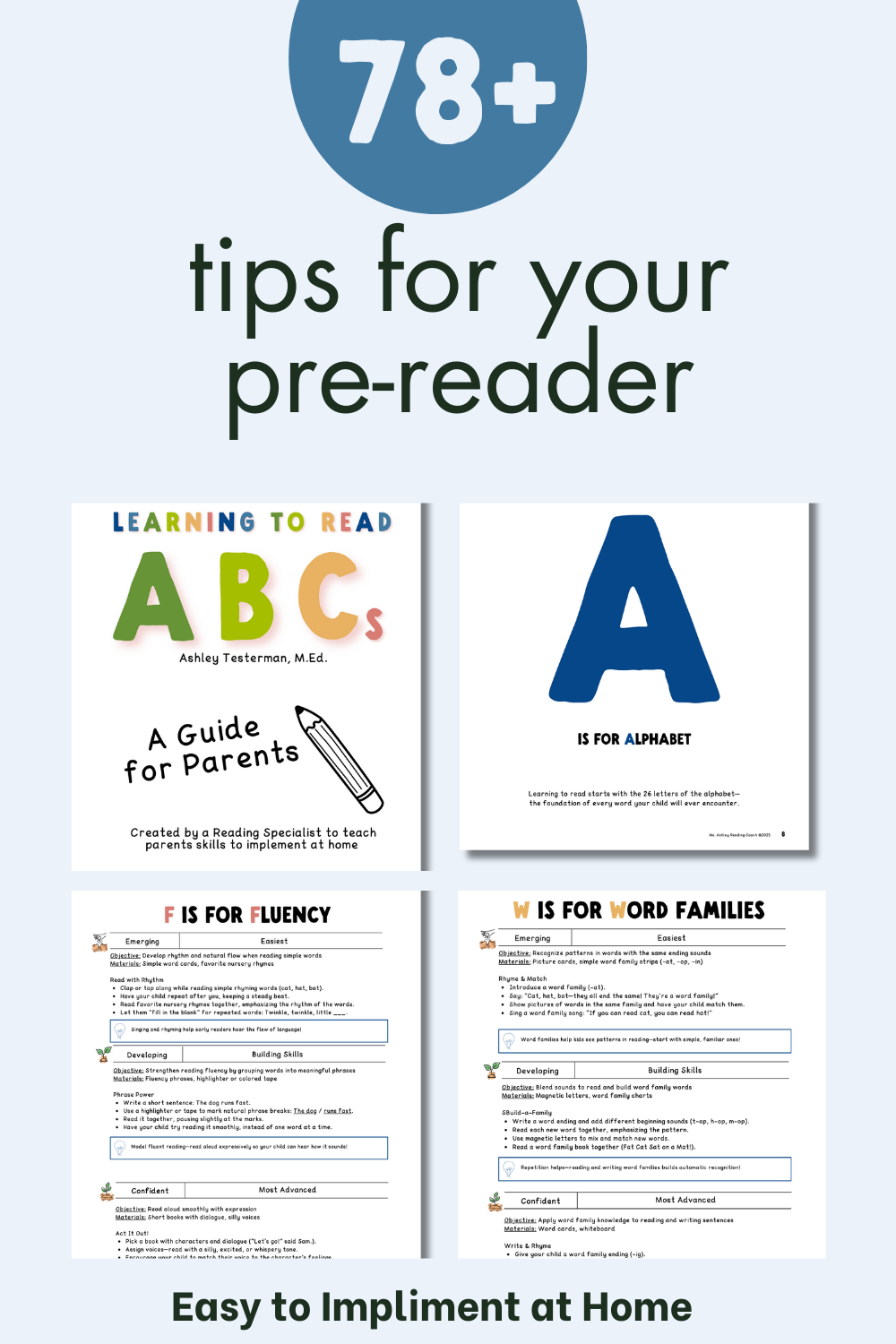The Learning to Read ABCs
Learning to read is like climbing a ladder—each step builds the foundation for lifelong literacy.
We start with phonemic awareness, helping children hear and identify sounds. From there, they move to phonics, learning how letters and sounds connect to form words.
Next comes vocabulary building, which strengthens understanding and deepens comprehension. Strategies like predicting and questioning guide children in making sense of what they read.
Fluency develops with practice—encouraging kids to “read first for accuracy, then read a second time for fluency.” This patient, step-by-step approach ensures that reading becomes smooth and natural.
With the right support, parents and educators are essential partners in helping kids become confident, capable readers.

pre-Reader
Emerging
- Beginning to notice letters and sounds
- Enjoys listening to stories and looking at pictures
- May recognize their name or familiar words (like "stop" on a sign)
- Engages in playful "reading" by pretending to read books
What Helps?
- Reading together daily with lots of talking about the pictures
- Singing songs and playing rhyming games
- Making letters part of everyday life (pointing them out on signs, books, or packaging)

Pre-Reader
Developing
- Recognizes many letters and some sounds
- Begins matching letters to their sounds (e.g., “B says /b/!”)
- Can blend simple sounds together in early words (cat, dog, sun)
- Shows interest in trying to “read” on their own
What Helps?
- Encouraging letter-sound connections through fun activities
- Playing simple word-building games (hat → cat → mat)
- Letting them “help” read familiar books by guessing repeated words

Pre-Reader
Confident
- Can identify most letters and their sounds
- Reads simple words and recognizes familiar sight words (the, and, is)
- Understands that stories have a beginning, middle, and end
- Starts reading simple books with support
What Helps?
- Practicing early reading with engaging books at their level
- Asking open-ended questions about stories (“What do you think will happen next?”)
- Celebrating effort, not just correctness—confidence is key!
MsAshleyreadingcoach
Learning to Read ABCs: A Parent’s Guide
Share



